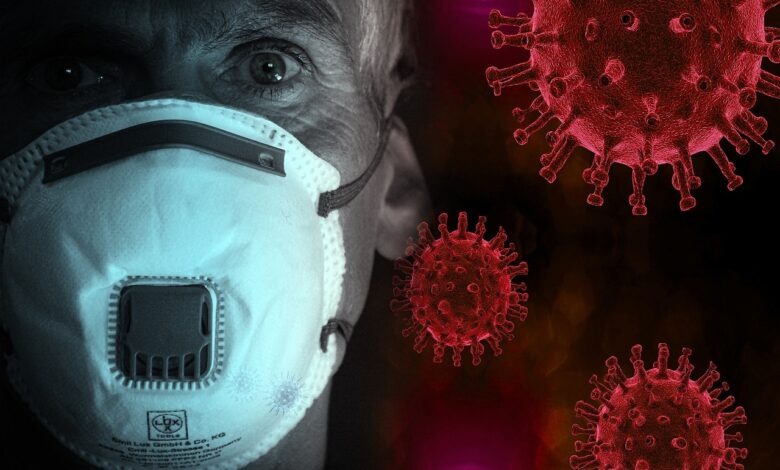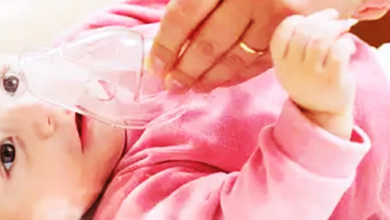
Bhubaneswar: As of Thursday, Odisha has recorded two new COVID-19 cases in the past 24 hours, bringing the active tally in the state to 5, according to data shared by the Health Ministry. This development follows a brief lull after a single case was reported on December 3, coinciding with the emergence of JN.1, a new sub-variant of the Omicron variant that is currently contributing to the nationwide surge.
The two latest cases have been identified in Cuttack, while another case was detected in the Khurda district between Saturday and Monday. All three patients are exhibiting mild symptoms and are undergoing treatment in home isolation. Health department sources have indicated that the districts involved are currently analyzing the travel history of these patients. To determine the presence of the JN.1 variant, the samples of these individuals have been sent for genome sequencing. Authorities emphasize that there is no cause for panic, but individuals with symptoms are encouraged to undergo COVID tests.
The state is yet to provide detailed information on the two cases detected in the last 24 hours. Meanwhile, despite the rising cases, the number of tests conducted in Odisha has reportedly decreased to less than 150 on Monday, down from around 300 per day the previous week.
In response to the increasing cases, the government is advising elderly individuals and those with co-morbidities to wear face masks when going out and to avoid crowded places.
As the nation grapples with the Omicron surge, India has reported 412 fresh cases, bringing the active cases tally to 4,170. Three new fatalities have been reported from Karnataka. Notably, a total of 63 cases of the JN.1 sub-variant have been detected in India as of Sunday, with around 35 cases identified in Karnataka.
The Karnataka government’s cabinet sub-committee on coronavirus has proposed several precautionary measures, including the mandatory wearing of masks, refraining from sending symptomatic children to schools, adherence to COVID-appropriate behavior such as social distancing, a seven-day home isolation period for infected patients, and leave for those affected. Additionally, the committee has decided to administer a “precautionary vaccine” for the elderly and individuals with comorbidities.






